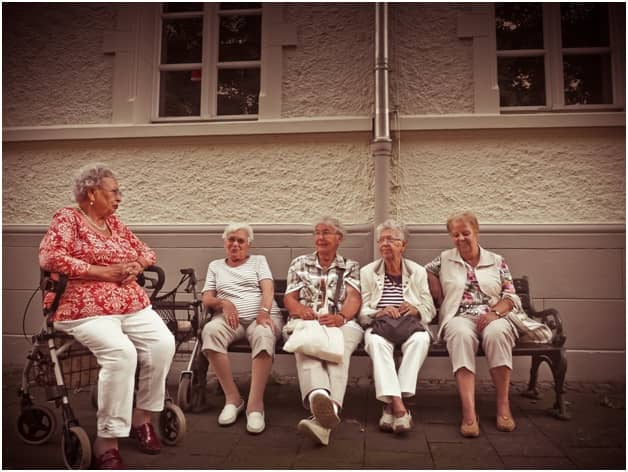
As technological and medical innovations continue to rise, individuals are living longer than they ever have before. This has resulted in an increasing number of people taking on the caregiver role along with all of the regular responsibilities that they have. The AARP has estimated that almost 44 million U.S. adults currently are caring for an elderly family member or friend. For many people, this new duty comes on quite suddenly, like after an injury or illness of a loved one or parent. For other people, the decision is more calculated, or came about slowly. No matter what the circumstances are, becoming a caregiver is similar to parenting – unforeseen experiences and challenges always exist that can place even the most prepared individual in a very stressful situation. There are fortunately many resources and tools that are available to help ease the burden of caregivers.
The physical and emotional tools of care giving In Houston

Care-giving in Houston is definitely full of many stressful responsibilities. It has been shown by research that it may result in both negative physical and psychological effects. Both clinical observation as well as research published by the US National Library of Medicine has described care giving as being the equivalent of a chronic stress experience. This stress often becomes compounded because of the additional responsibility of caring, whether completely or partially, for another individual along with their other personal, family, and work obligations.
Family structure plays an important role in caregiving in Houston as well. For siblings who have to determine who is going to care for an elderly parent, the discussion and final decision can frequently lead to anger and resentment, since there is rarely an equal distribution of responsibility. Also, caregivers who do not have any familiar sources of assistance often have to deal with this burden alone, which causes increasing pressure. Many of those pressures can result not only in physical and emotional tolls, but financial problems as well, since caregiving in Houston can sometimes result in unplanned medical expenses or interrupt being able to hold a regular job.
Identify all resources that are available and get a support system created

The first obvious line of support are friends and family to help get a purpose in life and sense of balance recreated beyond caregiving. However, specialized support is often needed and that requires you going beyond your immediate social network. When transitioning into full caregiver status one of the best things that you can do is making connections with other caregivers that are part of a growing community who are struggling with the same stresses and grief that you are.
The physical and emotional health consequences of caregiving in Houston often make this position feel very isolating, and that can detriment health even further. Also, caregiving in Houston may cause major detachment from activities that were previously enjoyed, since they cannot be enjoyed any longer due to money and/or time constraints. According to Harvard Health, making connections with other caregivers through local support groups or online communities is frequently a very beneficial way to cope.
Since each caregiving situation is unique,it is a good idea to try both in-person and virtual support groups to maximize the very best of the resources and efforts of collective groups. Once different peer networks are in place, it can help to ease some of the burden of needing to ask for help when necessary, whether that involves getting a referral for a good healthcare plan or taking a parent to their doctor’s appointment.
Making personal health a priority

According to the Mayo Clinic, one of the greatest challenges associated with caregiving in Houston is having to deal with burnout that comes with coping with stress over extended periods of time. Although it might not be possible to return to pre-caregiving life, it is still critical to maintain as many healthy and positive activities as possible.
It is especially important to exercise on a regular basis. For an effective and fast routine, you can walk for 20 minutes every day. This has been shown to help with maintaining a health weight, reduce stress, and reduce risk of depression. To help you stay consistent, the May Clinic suggests that you set mini health goals every week. Those goals may be as simple as getting fitness times scheduled on your calendar to give you a visual reminder that may provide you with a great sense of accomplishment after checking if off of your to-do list.
Another critical aspect of health is to eat a balanced, healthy diet that is rich in nutritious foods. Unfortunately, caregivers frequently resort to primarily eating unhealthy but convenient fast foods. The National Alliance for Caregiving conducted a poll that found that 6 out of 10 surveyed caregivers admitted to their eating habits worsening. Some of the healthiest of all foods are fortunately ones that don’t take a lot of preparation time, so it doesn’t need to be too challenging to get back to healthy eating. That includes eating lots of fresh vegetables and fruits, along with fish and whole grains. Whenever possible, some meals should be prepared ahead of time, so that you are not tempted to resort to junk food.
Although there are many challenges associated with caregiving in Houston, it is very important identify the resources that are available to help you with managing your responsibilities in the healthiest way possible.
